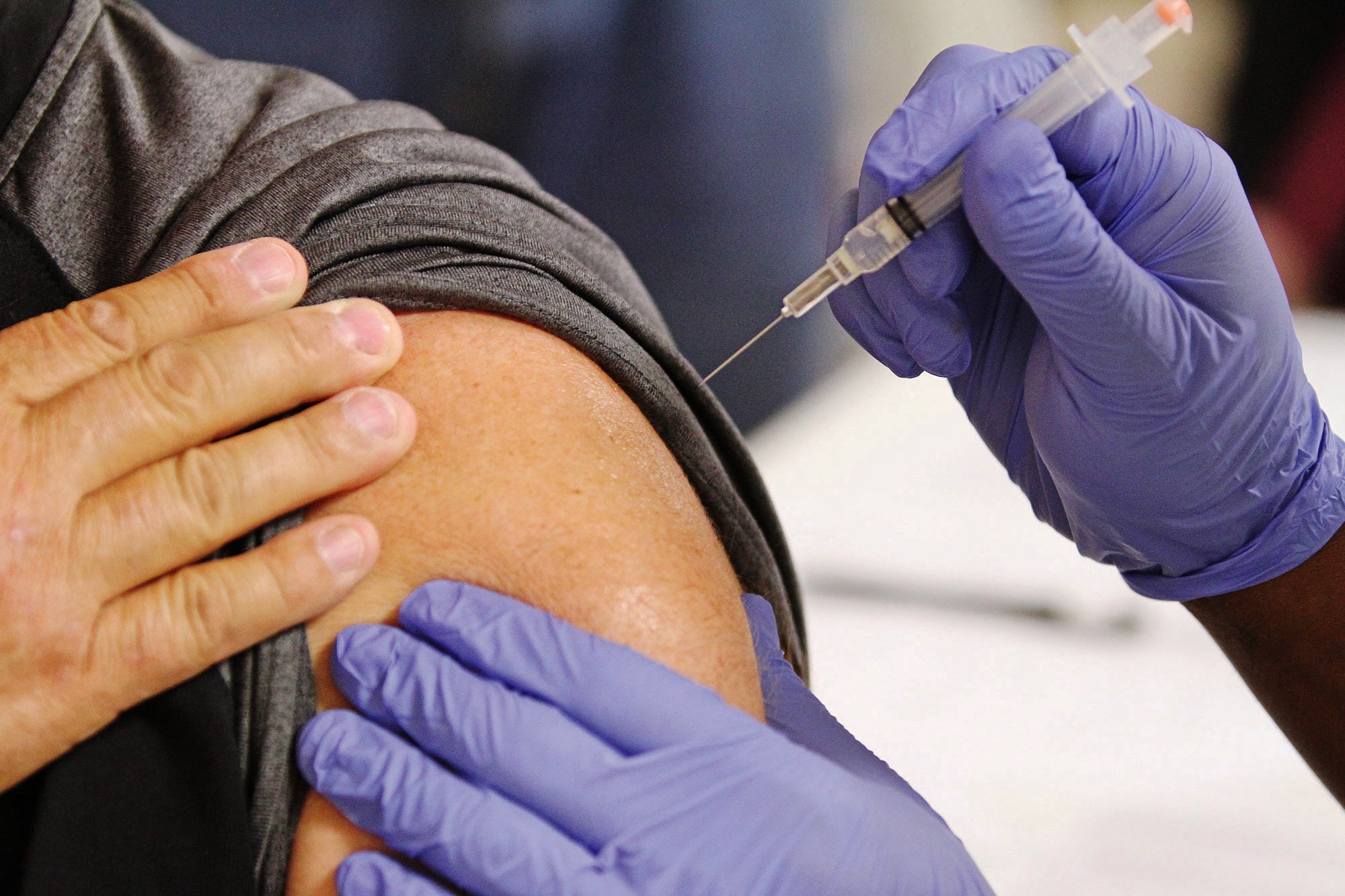WASHINGTON — When they return from legislative recess next week, lawmakers will have only a few days to address financial problems with the Veterans Affairs Choice program before users start to see significant problems.
Last month, in testimony before the Senate, VA Secretary David Shulkin warned lawmakers that money in the Choice program funds was being spent at a faster rate than officials expected, threatening to bankrupt the program before the end of the fiscal year. Available funds dropped from about $2 billion to less than $850 million in three months.
Shulkin has asked for authority to move money from other outside care initiatives to the program to cover the funding gaps, ensuring that veterans medical appointments aren't disrupted while VA officials work on an update of the Choice program.
But Congress left town for the July 4 recess without addressing the issue. VA officials have warned that the money will run out in early August, and the program will face problems if a fix isn't put in place well before then.
In testimony before the House Veterans Affairs Committee on June 22, acting VA Under Secretary for Health Dr. Poonam Alaigh predicted longer wait times for veterans seeking care, fewer available appointments for veterans with physicians outside the VA system, and layoff of some private-sector staff working with the Choice program.
"There will be unintended consequences if we continue down this path because the Choice accounts will start to be used very judiciously," she said.
The Choice program has been at the center of several VA controversies since Congress created it three years ago in the wake of the department's 2014 wait times scandal.
It was billed as a response to access and timeliness problems within the VA system, but has been criticized by some conservatives for being overly restrictive and some liberals for appearing to be the first step towards privatizing department health services.
Among veterans groups, the main complaint has been the bureaucratic nature of the program. Veterans who live at least 40 miles from a VA clinic or face a 30-day wait at department facilities are eligible for the outside care funding.
Shulkin has proposed significant changes to the program next fiscal year, and is expected to detail specifics at a Senate hearing on July 11.
But before they can be approved by Congress, he wants the authority to more easily move VA funds among similar accounts, an authority that his predecessor, former VA Secretary Bob McDonald, also repeatedly requested.
Lawmakers have been receptive to the idea but slow to make the change.
In a letter to the leaders of the House and Senate Veterans’ Affairs Committees on June 28, nine of the largest veterans organizations petitioned lawmakers to fix the issue but added that "in order to prevent these problems from recurring in the future, we call on you to equally invest in modernizing and expanding VA’s capacity to meet rising demand for care."
The groups noted that the Choice program was originally envisioned as a temporary fix for VA access issues, not an enduring initiative. They want more investment in VA infrastructure if Congress decides to make the program permanent.
"There are at least 27 VA health care facility leases awaiting funding in order to be activated," the veterans organizations wrote. "In addition, there are dozens of minor and major construction projects that require billions of dollars in funding to sustain and expand VA’s capacity to provide timely care to enrolled veterans.
"Furthermore, VA has tens of thousands of vacant positions which will require not just funding, but innovative new programs to recruit and retain hard-to-fill clinical positions in many areas of the country."
In an appearance on FOX news Wednesday, Shulkin again reiterated that he believes President Donald Trump’s VA budget request for fiscal 2018 — which totals $186.5 billion — is sufficient for his department’s needs, even though veterans groups have said they think more infrastructure investment is needed.
But he also said reforms are needed to improve veterans care. The physician-turned-secretary has made the Choice program one of his top priorities for the year, a theme also echoed by Trump.
He is expected to make that case again before the Senate next week. Congress has 15 legislative days left on their schedule before August.
Leo Shane III covers Congress, Veterans Affairs and the White House for Military Times. He can be reached at lshane@militarytimes.com.
Leo covers Congress, Veterans Affairs and the White House for Military Times. He has covered Washington, D.C. since 2004, focusing on military personnel and veterans policies. His work has earned numerous honors, including a 2009 Polk award, a 2010 National Headliner Award, the IAVA Leadership in Journalism award and the VFW News Media award.
